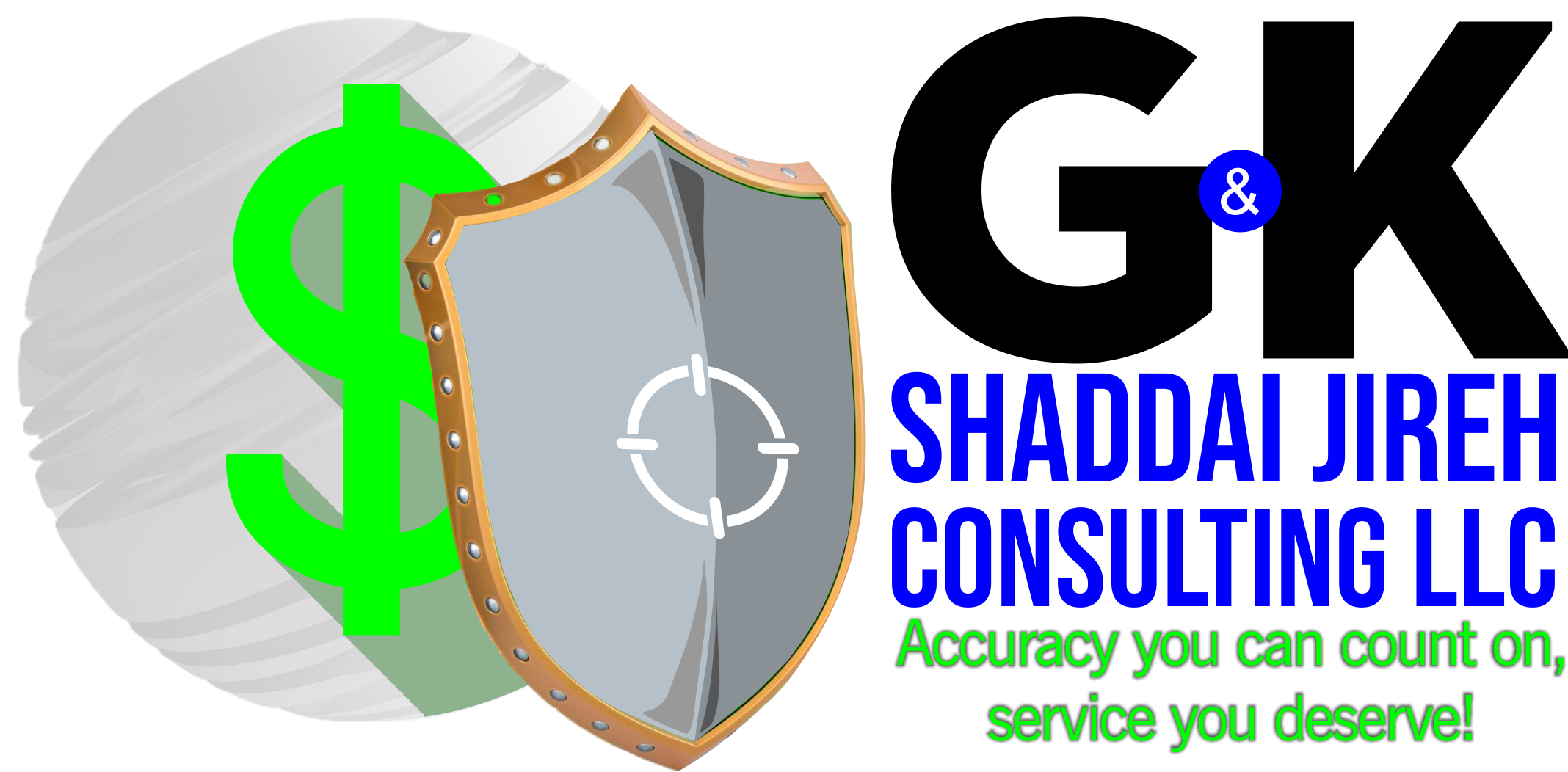Frequently Asked Questions
FAQ
what do you
need to know?
What is the first step in starting a business?
The initial step is to develop a comprehensive business plan. This plan should clearly define your business idea, detailing what your business will do and how it will stand out in the market. It should identify your target market, describing who your ideal customers are and how you plan to reach them. Additionally, outline your goals and strategies, including your approach to achieving these goals, marketing tactics, operational plans, and financial projections. A well-thought-out business plan serves as a roadmap for your business and can also be crucial when seeking funding from investors or lenders.
How do I choose a business structure?
Selecting the appropriate business structure is essential as it impacts your legal liability, tax obligations, and operational flexibility. Common structures include:
- Sole Proprietorship: Simplest form, where the owner is personally liable for business debts.
- Partnership: Involves two or more people sharing ownership and responsibility.
- Limited Liability Company (LLC): Offers liability protection for owners while allowing flexibility in management and tax treatment.
- Corporation: A more complex structure providing strong liability protection and potential tax benefits but requiring more regulatory compliance.
Each structure has unique legal and tax implications. Consulting with a legal or financial advisor can help you assess the pros and cons of each option based on your specific needs and goals.
What are the legal requirements for starting a business?
Meeting legal requirements involves several key steps:
- Business Registration: Register your business name with the appropriate state or local authorities.
- Licenses and Permits: Obtain any necessary licenses and permits specific to your industry and location, such as health permits, building permits, or professional licenses.
- Compliance: Adhere to local, state, and federal regulations, including zoning laws, tax registration, and employment laws.
Checking with local government offices or a business advisor can help ensure you meet all the necessary requirements to operate legally.
How do I find funding for my business?
There are multiple avenues for securing funding:
- Personal Savings: Using your own savings to finance your business.
- Loans: Applying for business loans from banks or other financial institutions.
- Grants: Exploring grants available for specific industries or demographics.
- Investors: Seeking funding from venture capitalists or angel investors in exchange for equity in your business.
A strong business plan can make it easier to attract investors or secure loans by demonstrating your business’s potential and your ability to manage it effectively.
What should be included in a business plan?
A comprehensive business plan should cover:
- Executive Summary: A concise overview of your business concept, goals, and financial needs.
- Business Description: Detailed information about your business, including the nature of your products or services and your business model.
- Market Analysis: An examination of your target market, including size, trends, and competition.
- Organization and Management: A description of your business structure and the team involved.
- Product Line or Services: Details on what you’re selling or the services you’re offering.
- Marketing and Sales Strategy: Your approach to attracting and retaining customers.
- Financial Projections: Estimates of your revenue, expenses, and profitability over time.
This plan helps you clarify your strategy and serves as a tool for managing and growing your business.
How do I market my new business?
Developing a marketing strategy involves:
- Identifying Your Target Audience: Understanding who your customers are and what they need.
- Creating a Brand Identity: Developing a strong brand that includes your logo, color scheme, and messaging.
- Using Marketing Channels: Leveraging various channels such as social media, online advertising, email marketing, and networking events to reach your audience.
Effective marketing helps build brand awareness, attract customers, and drive sales.
What are the common challenges new businesses face?
New businesses often encounter several challenges, including:
- Managing Cash Flow: Ensuring there’s enough money to cover operating expenses.
- Attracting Customers: Building a customer base and generating sales.
- Dealing with Competition: Competing with other businesses in your industry.
- Handling Administrative Tasks: Managing day-to-day operations and paperwork.
Planning and seeking advice from experienced entrepreneurs can help address these challenges and set your business on a path to success.
How can I manage my business finances effectively?
Effective financial management involves:
- Implementing an Accounting System: Use accounting software to track income and expenses.
- Creating a Budget: Develop a budget to plan and control spending.
- Reviewing Financial Statements: Regularly examine financial statements like profit and loss statements and balance sheets.
Consulting with a financial advisor or accountant can provide additional guidance and ensure you maintain sound financial practices.
What kind of insurance do I need for my business?
The type of insurance required varies by business type and location but may include:
- General Liability Insurance: Covers claims related to injuries or damages.
- Property Insurance: Protects against damage to physical assets.
- Professional Liability Insurance: Covers claims of negligence or errors in professional services.
Assess your business’s specific risks and consult with an insurance professional to determine the appropriate coverage.
How can I ensure my business is successful?
To achieve long-term success:
- Deliver Excellent Customer Service: Focus on meeting and exceeding customer expectations.
- Continuously Improve Your Products or Services: Adapt and enhance your offerings based on customer feedback and market trends.
- Adapt to Market Changes: Stay flexible and responsive to shifts in the industry and consumer preferences.
- Stay Informed: Keep up with industry developments and best practices.
Regularly reviewing and adjusting your business plan helps ensure that you remain on track and address any emerging challenges effectively.
